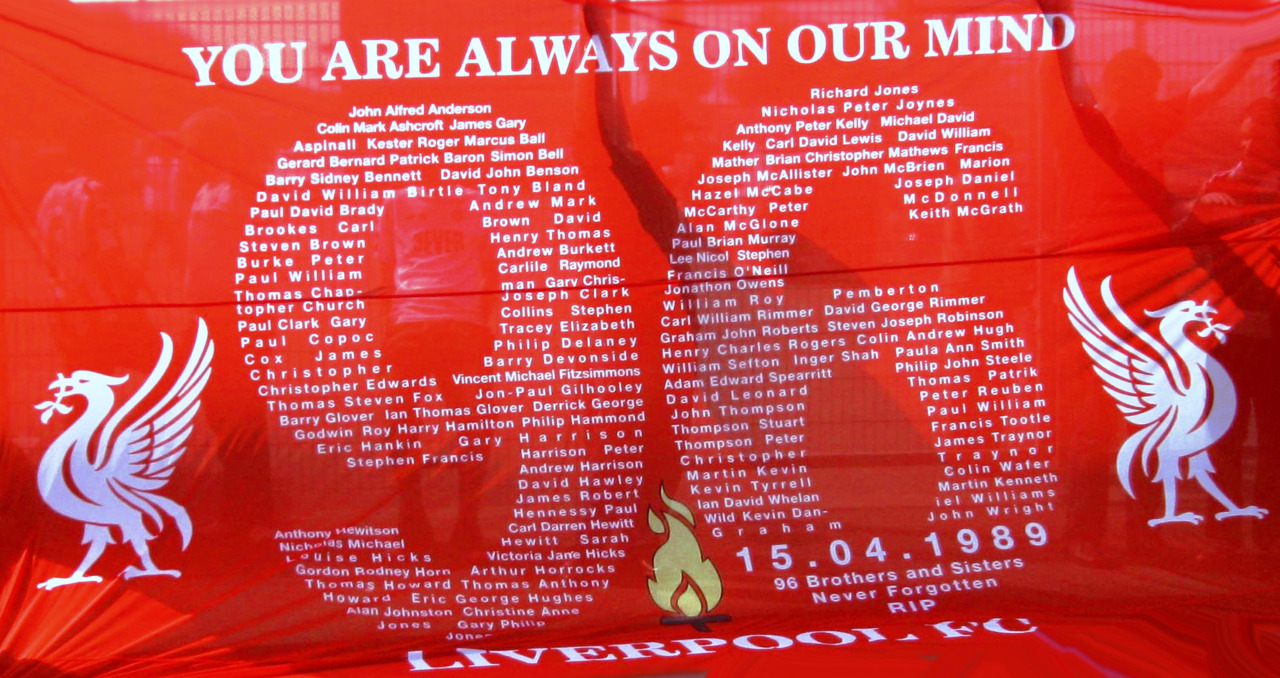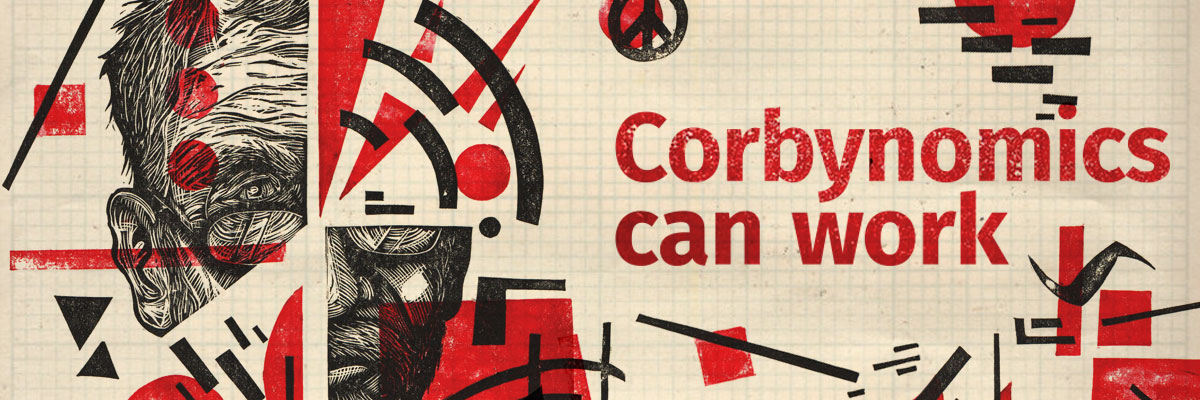
A few months ago, when political commentators looked ahead to the coming year, there was a widespread prediction that Labour would suffer substantial losses in the May 5 local council elections. Would it be 200 seats lost? Perhaps a little less, perhaps even more?
After all, these elections would be for seats previously contested in 2012, a mid-term peak for Ed Miliband. It was assumed that Labour's new left-wing, anti-austerity leader Jeremy Corbyn must be electorally unpopular.
 Protest against cuts to the Library of Birmingham last year.
The main thing to realise about the crisis in Britain's steel industry, which is rapidly shedding jobs, is that the government has been clear and decisive.
Protest against cuts to the Library of Birmingham last year.
The main thing to realise about the crisis in Britain's steel industry, which is rapidly shedding jobs, is that the government has been clear and decisive.





 In 1989, 96 fans of Liverpool FC were crushed to death in a disaster at the Hillsborough Football Stadium in Sheffield.
Neglect of stadium conditions, lack of concern for the welfare of working-class football fans and вҖ” specifically вҖ” woeful dereliction of duty by South Yorkshire Police on the day all led directly to one of the worldвҖҷs worst football tragedies.
In 1989, 96 fans of Liverpool FC were crushed to death in a disaster at the Hillsborough Football Stadium in Sheffield.
Neglect of stadium conditions, lack of concern for the welfare of working-class football fans and вҖ” specifically вҖ” woeful dereliction of duty by South Yorkshire Police on the day all led directly to one of the worldвҖҷs worst football tragedies.

 The biggest barrier to the rational economic policies of Jeremy Corbyn, the socialist leader of the British labour Party, is the huge profits the super-rich are making from irrational ones.
The Bank of England has shelled out ВЈ375 billion in вҖңquantitative easingвҖқ since the 2008 crash. It has, quite literally, created electronic money out of nowhere and used it to buy up financial assets held by the banks. The idea has been to pump вҖңliquidityвҖқ вҖ” lendable money вҖ” into the economy.
The biggest barrier to the rational economic policies of Jeremy Corbyn, the socialist leader of the British labour Party, is the huge profits the super-rich are making from irrational ones.
The Bank of England has shelled out ВЈ375 billion in вҖңquantitative easingвҖқ since the 2008 crash. It has, quite literally, created electronic money out of nowhere and used it to buy up financial assets held by the banks. The idea has been to pump вҖңliquidityвҖқ вҖ” lendable money вҖ” into the economy.
 Thousands of protesters marched on Downing Street on April 9 to demand British Prime Minister David Cameron resign after revelations about his tax affairs emerged in preceding days in fall out from the huge Panama Papers tax haven leaks.
Thousands of protesters marched on Downing Street on April 9 to demand British Prime Minister David Cameron resign after revelations about his tax affairs emerged in preceding days in fall out from the huge Panama Papers tax haven leaks.
